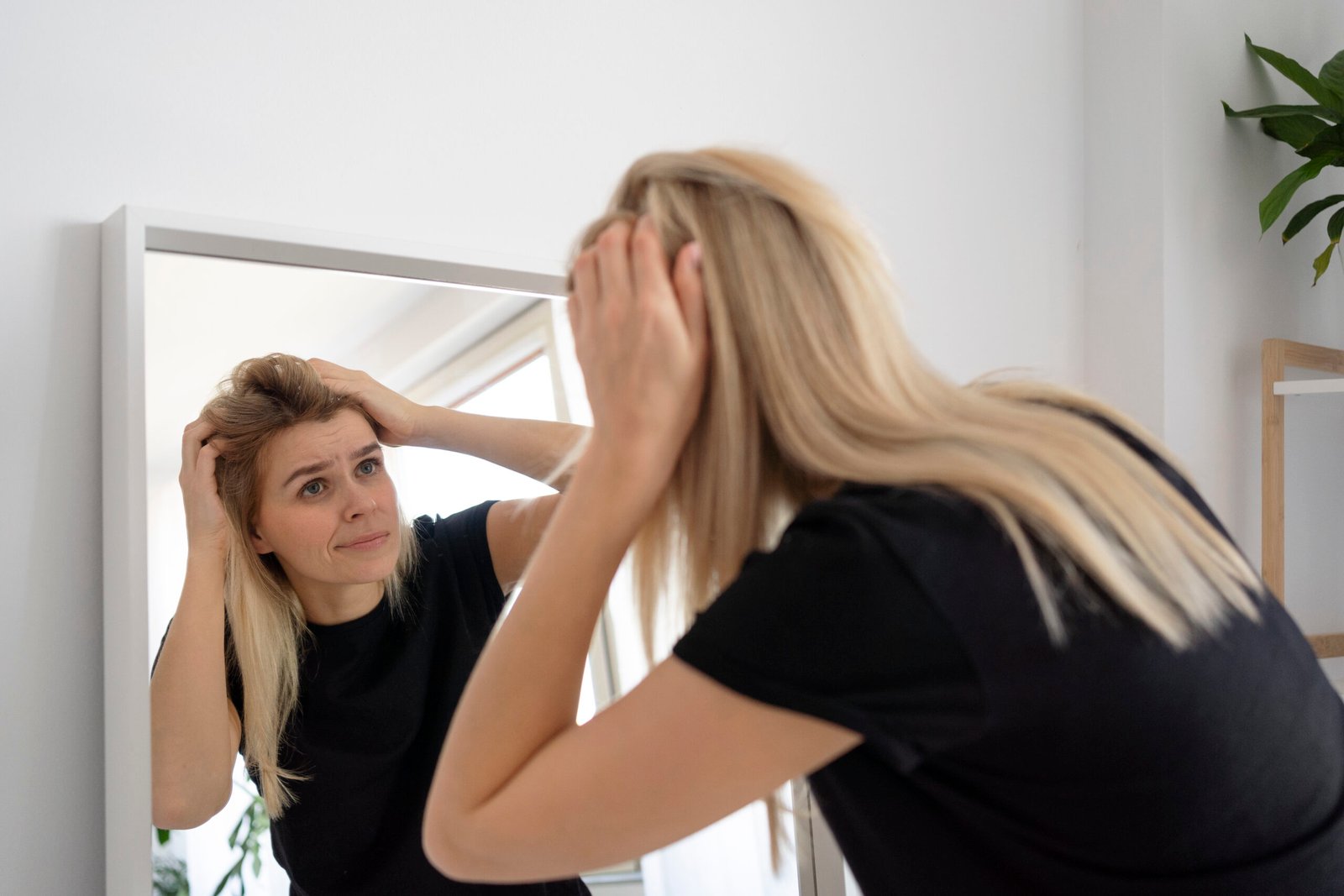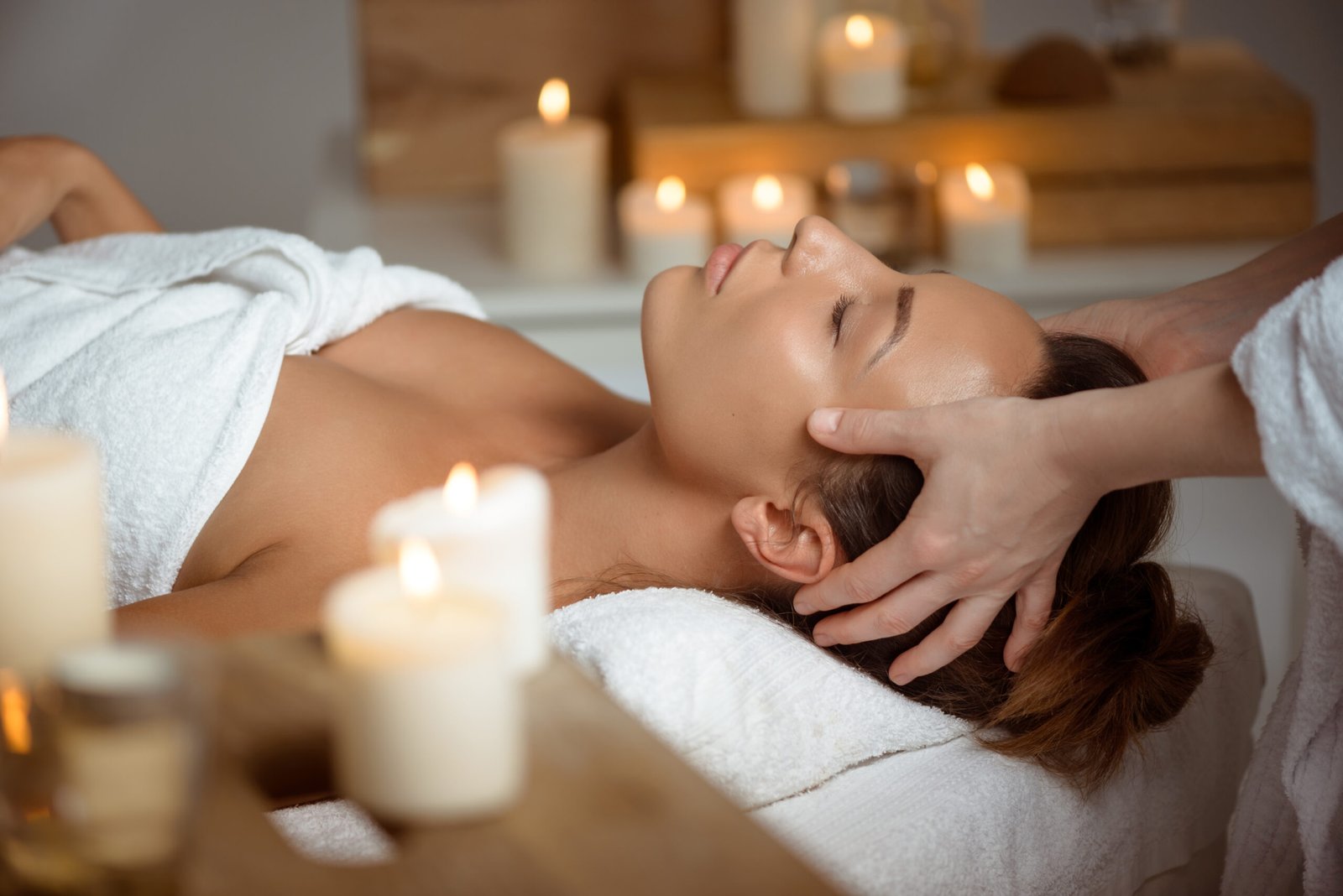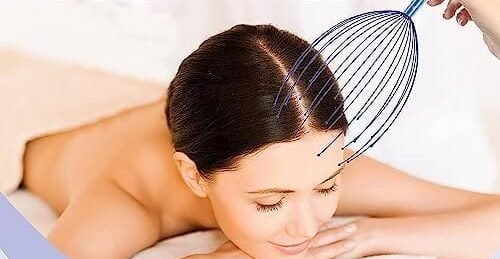Dear patient, let’s delve into the intricate relationship between scalp tension and hair loss. Understanding this connection is crucial for your journey towards healthier hair. Just as we’ve explored genetic factors and hormonal influences in our previous discussions, scalp tension is really dangerous in hair health that’s often overlooked.
We know you’re seeking answers, and we’re here to provide comprehensive, educational content to help you understand your unique hair needs. Whether your concerns stem from genetics, nutrition, lifestyle, or specific health conditions, it’s essential to start with a solid foundation of knowledge. That’s why we recommend beginning with our ultimate guide to fighting hair loss, which covers a wide range of factors affecting hair health.
Can Scalp Tension Really Cause Hair Loss?
Understanding the impact of scalp tension on hair health is just one piece of the puzzle. To truly address hair loss, we need to consider a holistic approach that encompasses various aspects of your lifestyle. This includes managing stress, maintaining a balanced diet, engaging in regular exercise, prioritizing mental health, and fostering social connections. Each of these elements plays a definitive role in your overall well-being, which in turn affects the health of your hair.
What Are the Signs
Recognizing the symptoms is the first step towards addressing this issue. Common signs include a feeling of tightness or pressure on the scalp, headaches that seem to originate from the scalp area, and increased sensitivity when touching your scalp. Some people also report a tingling sensation or even mild pain.

How to Relieve Scalp Tension?
Fortunately, there are several effective strategies to alleviate scalp tension. Regular scalp massages can help improve blood circulation and relax tight muscles. You can perform these massages with your fingertips or use specialized tools designed for this purpose. Additionally, practicing good posture, especially if you spend long hours at a desk, can significantly reduce tension in your scalp and neck area.
Is Scalp Tension Reversible?
The good news is that in most cases, scalp tension is indeed reversible. By implementing the right techniques and making necessary lifestyle changes, you can effectively reduce tension and potentially improve hair growth. However, it’s important to note that consistency is key, and results may take time to become noticeable. Research has shown that chronic scalp can lead to a cascade of events that ultimately affect hair growth.
The Role of Blood Circulation
One of the primary ways scalp tension impacts hair health is through its effect on blood circulation. When the scalp is tense, it can constrict blood vessels, reducing the flow of oxygen and nutrients to hair follicles. This reduced blood flow can lead to weakened hair follicles and potentially contribute to hair thinning or loss.

Inflammation and Scalp Tension
Chronic tension in the scalp can also trigger an inflammatory response. This low-grade inflammation, often referred to as micro-inflammation, can damage hair follicles over time. Studies have shown that inflammation in the scalp is often present in cases of androgenetic alopecia, suggesting a potential link between scalp tension, inflammation, and hair loss.
Hormonal Implications
Interestingly, scalp tension may also influence hormone levels in the scalp. Some research suggests that mechanical stress on the scalp can increase the activity of the enzyme 5-alpha reductase, which converts testosterone to dihydrotestosterone (DHT). As we’ve discussed in our article on hormonal hair loss, DHT is a key player in androgenetic alopecia.
Strategies for Managing Scalp Tension
Now that we understand the potential impact of scalp tension on hair health, let’s explore some effective strategies for managing this issue.
Scalp Massage Techniques
Regular scalp massages can be a powerful tool in combating scalp tension. These massages help to relax tight muscles, improve blood circulation, and potentially stimulate hair follicles. Here’s a simple technique you can try:
- Using your fingertips, or for better results any Scalp Massager, apply gentle pressure to your scalp.
- Move in small, circular motions across your entire scalp.
- Continue this massage for 5-10 minutes daily.
We’ve explored various hair growth solutions, and it’s important to recognize that different life stages often require tailored approaches to hair care. For our mature women readers, we understand that your hair needs are unique and deserve special attention.
That’s why we’ve curated a list of 7 Hair Growth Products specifically for Mature Women, addressing common concerns like thinning, dryness, and loss of volume. This carefully selected collection offers gentle yet effective solutions to help you maintain vibrant, healthy hair as you age gracefully. We encourage you to explore these options tailored to your unique hair care journey.
See our review about the Best Scalp Massagers, you can’t miss this.

Lifestyle Modifications
Your daily habits can significantly impact scalp tension. Consider these lifestyle changes:
- Improve your posture, especially if you work at a desk.
- Practice stress-reduction techniques like meditation or yoga.
- Ensure you’re getting adequate sleep each night.
- Stay hydrated and maintain a balanced diet rich in vitamins and minerals essential for hair health.
The Good News:
We love sharing knowledge, and we have a treasure trove of information waiting for you! Check out our energizing article on 7 Amazing Lifestyle Hacks to Improve Your Lifestyle and Prevent Hair Loss. From surprising caffeine hacks to fun exercises that make all the difference, you’ll find everything from these fantastic tips to the scalp-relieving techniques we’ve just covered—it’s like creating a superpower for your hair! Let’s go on this journey together to healthier hair and a more fulfilling life. Your scalp (and your mirror) will thank you!
“The Beginner’s Guide To Gut Health“ – read on Amazon Kindle right now. Dive into this game-changing guide that unravels the mysteries of digestive wellness. Whether you’re just starting your health journey or you’re a seasoned wellness buff, this easy-to-follow handbook is your ticket to understanding the powerhouse that is your gut – often called your body’s second brain. Get ready to transform your well-being with insights that will change the way you think about digestive health!
Professional Treatments
In some cases, professional treatments may be beneficial. These could include:
- Scalp treatments at a salon or dermatologist’s office.
- Acupuncture, which some studies suggest may help with scalp tension and hair growth.
- Botox injections, which have shown promise in some research for reducing scalp tension.
Remember, what works best can vary from person to person. It’s always advisable to consult with a healthcare professional before starting any new treatment regimen.
FAQ
Can Scalp Tension Cause Other Health Issues?
While our focus has been on hair health, it’s worth noting that scalp tension can potentially contribute to other health concerns. Chronic tension in the scalp muscles can lead to tension headaches and may exacerbate conditions like temporomandibular joint (TMJ) disorders. Some people also report that scalp tension affects their overall stress levels and quality of life.
This connection between scalp tension and overall well-being highlights the importance of a holistic approach to health. In fact, addressing various aspects of your life can have a positive impact not just on your scalp health, but on your entire body and mind.
We’ve compiled some excellent strategies to boost your well-being in every area of your life in our article Top Strategies to Boost Well-Being in Every Area of Your Life. By implementing these strategies, you may find that not only does your scalp tension improve, but your overall quality of life enhances as well. Remember, a healthy body often leads to healthy hair, so taking care of your whole self is a crucial step in your hair care journey.
How Long Does It Take to See Results from Scalp Tension Relief?
As with many aspects of hair health, patience is key when addressing scalp tension. While you may feel immediate relief from tension-reducing techniques like massage, visible improvements in hair growth or thickness can take several months. Consistency in your scalp care routine is crucial for long-term results.
Are There Any Risks Associated with Scalp Tension Relief Techniques?
Generally, scalp tension relief techniques are safe for most people. However, it’s important to be gentle when massaging your scalp to avoid causing irritation or damage to your hair follicles. If you have any underlying scalp conditions, such as psoriasis or severe dandruff, it’s best to consult with a dermatologist before starting any new scalp treatments.In conclusion, understanding and addressing scalp tension can be a crucial step in your journey towards healthier hair.
By combining this knowledge with the insights from our articles on genetic factors and hormonal influences, you’re well on your way to a comprehensive approach to hair care. Remember, every person’s hair journey is unique, and what works best for you may require some experimentation and patience. Stay committed to your hair health, and don’t hesitate to seek professional advice when needed. We’re here to support you every step of the way!
